Table of Contents
June 22, 2025, will be remembered by many Iranians not for what was said, but for what was lost. In the early hours, U.S. stealth bombers carried out precision strikes on Iranian nuclear and military facilities in Isfahan, Natanz, and Fordow. These weren’t symbolic operations. They were coordinated and destructive, leaving charred concrete and broken families in their wake.
The justifications were immediate. Strategic. Calculated. Some governments issued statements of support. Others looked away. But in the streets of Iranian cities, the only thing louder than the sirens was the growing question: Why?
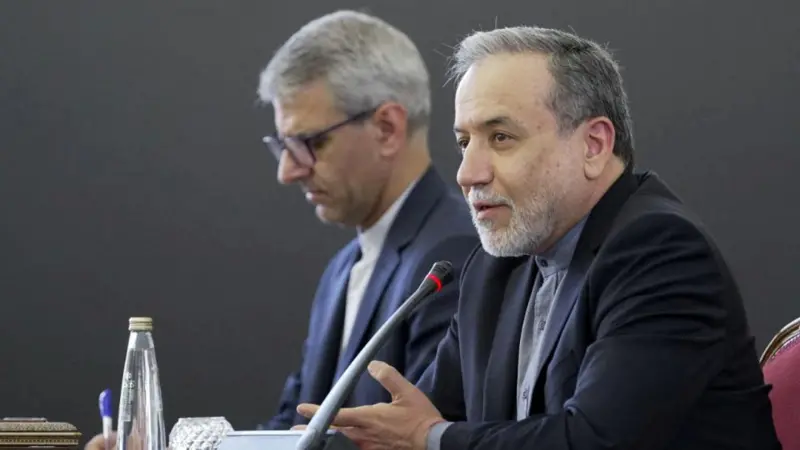
What Sparked This Wave of Violence?
The current escalation began on June 13, when Israel launched Operation Rising Lion, targeting Iran’s key infrastructure. The strikes struck deep—nuclear research centers, military headquarters, and residential areas near Tehran. Several high-ranking IRGC officials were killed, alongside engineers and atomic scientists. Many were civilians. Some were students. All were caught in the crossfire of geopolitical brinkmanship.
Yet, Iran had not attacked Israeli soil. No troops crossed borders. No missile was launched unprovoked. But the response from Tel Aviv—and now Washington—was swift, disproportionate, and deadly.
Iran’s nuclear program, long monitored by the International Atomic Energy Agency (IAEA), became the rationale. But the contradictions are striking. Israel, widely believed to possess nuclear weapons and not a signatory to the Nuclear Non-Proliferation Treaty (NPT), acted without consequence. Iran, which remains under tight inspection regimes, became the target.
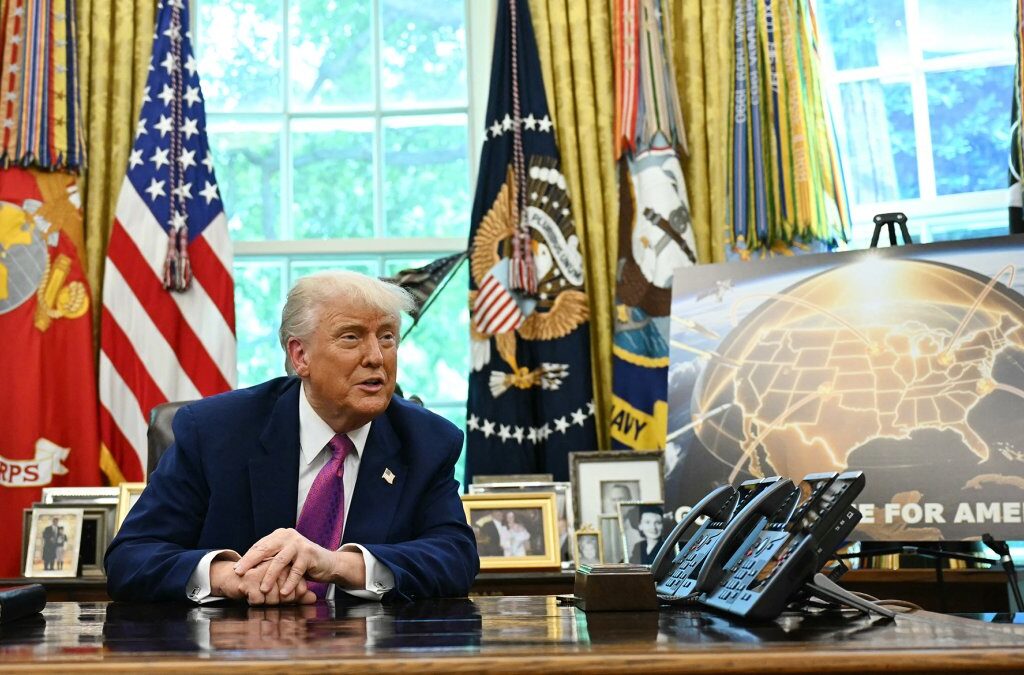
America’s Entry: From Arbitrator to Aggressor
Today’s U.S. airstrikes erased any doubt: the United States is not a neutral actor. B-2 stealth bombers struck three of Iran’s most heavily monitored nuclear sites. These were not warnings. They were declarations. The U.S. is no longer seeking to contain conflict—it is actively deepening it.
Iranian officials report damage not only to military targets but also to civilian infrastructure. In Isfahan, missile debris hit a hospital, sending patients and staff scrambling for safety. In Tehran, more than 100,000 residents have fled since the first Israeli raids.
Critics point out a glaring double standard. Iranian retaliation is called terrorism. Israeli or American strikes are framed as defense. When Iranian scientists are assassinated, the world shrugs. But when Iran responds, it faces new rounds of sanctions and condemnation.
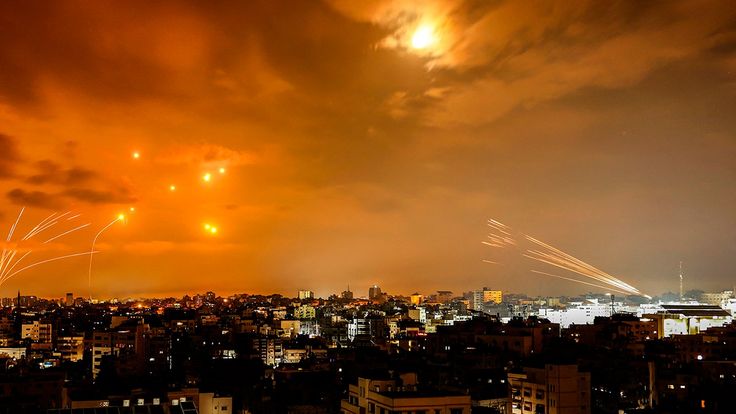
Lives Interrupted: The Human Cost
Behind the headlines are real people. Students, parents, doctors, and children.
Leila, a 24-year-old energy science student in Isfahan, had just submitted her graduate thesis. When her dormitory collapsed in the bombing, she was buried under rubble. She survived but now lies in a hospital bed, unable to walk.
Twelve-year-old Armin, helping his mother load their car with food and family photographs, asked, “Are we coming back?” His mother didn’t answer.
Their stories aren’t isolated. They are representative. And they’re rarely told.
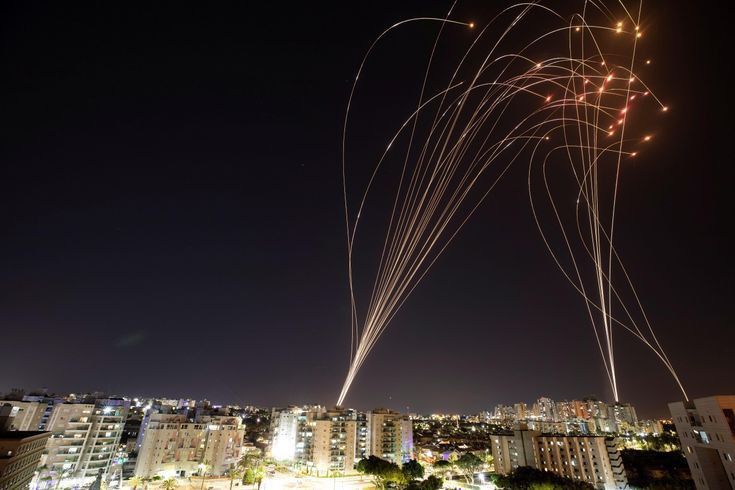
The Region Heats Up
The fallout is no longer confined to Iran and Israel. Armed groups in Lebanon, Yemen, and Iraq have begun to mobilize. Rocket fire from Hezbollah has intensified. Houthi leaders have vowed retaliation. Iraq’s militias are on alert, and Syria is bracing for spillover. The Middle East stands on the edge of a wider war.
Iran’s officials maintain they are open to diplomacy. They have kept the door to negotiation open, even after the U.S. withdrawal from the JCPOA nuclear deal. Inspectors were granted access. Enrichment levels were capped. Yet, in return, Iran received more pressure, more sanctions, and more threats.
Now, as bombs fall, the international community asks for restraint from Iran. But restraint must be mutual. It cannot be demanded from those who are bleeding while others drop the bombs.
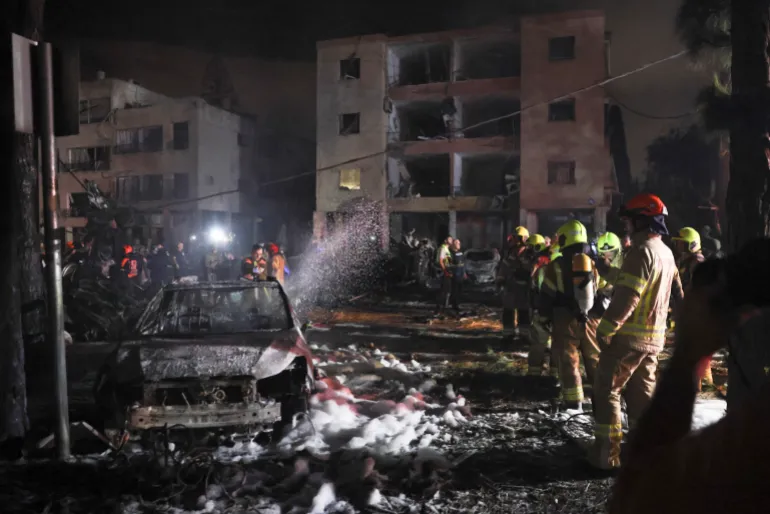
Voices That Deserve to Be Heard
To those outside the region, consider this: if your schools, hospitals, and homes were under attack, what would you do? If your scientists were targeted and your economy crippled by sanctions, would you stay silent?
Iran is not without flaws. No country is. But it deserves to be seen beyond the lens of fear and suspicion. Iranians are not threats—they are teachers, farmers, engineers, poets, artists, parents, and students. They deserve dignity, not just security briefings. They deserve to be heard, not just surveilled.
They want peace. Not submission. Not occupation. Peace is rooted in fairness, recognition, and mutual respect.
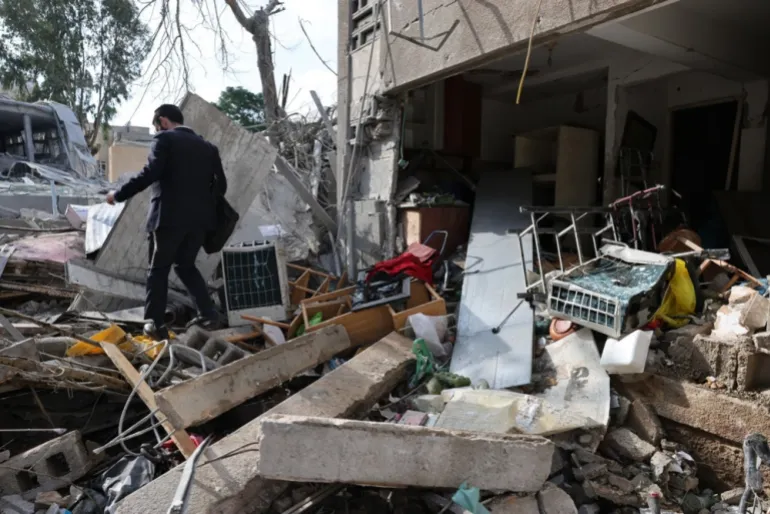
A Final Plea: Let the Bombing Stop
Tonight, smoke still lingers over Isfahan and Natanz. But it carries with it a question—not just about geopolitics, but about morality: How many more must suffer before the world sees the cost?
This is not a call for vengeance. It is a call for understanding. For balance. For justice.
Let this be the last time lives are lost in silence. Let this be the last time sorrow is met with indifference. Let this be the beginning of something different—not more war, but real dialogue. Not more weapons, but real will.
🕊 Because even in the age of fire, a voice can still rise and ask for peace.
Author Profile

- I'm Farhat Sakeena, a certified English language teacher and proofreader with a BS Hons in English Language and Literature from Govt College University Faisalabad. Holding a 120-hour TEFL certification from World TESOL Academy, I've honed my skills in teaching English online and providing high-quality proofreading services. As a dedicated freelancer, I help students and professionals improve their language skills and refine their writing.
Latest entries
 Mental HealthAugust 21, 2025When Pressure Boils Over: The Quiet Roots of Aggression
Mental HealthAugust 21, 2025When Pressure Boils Over: The Quiet Roots of Aggression Women's RightsJuly 22, 2025Shattered Dreams and Broken Promises: The Unseen Suffering of Women Across the World
Women's RightsJuly 22, 2025Shattered Dreams and Broken Promises: The Unseen Suffering of Women Across the World Digital SocietyJuly 19, 2025Caught Between Screens and Reality: The Silent Struggle of a Generation
Digital SocietyJuly 19, 2025Caught Between Screens and Reality: The Silent Struggle of a Generation Human RightsJuly 12, 2025When Death Was the Only Visitor: The Silent Tragedy of Forgotten Lives in Urban Pakistan
Human RightsJuly 12, 2025When Death Was the Only Visitor: The Silent Tragedy of Forgotten Lives in Urban Pakistan


2 comments
I’m in awe of your courage to cover the current wars in your blog. It takes a special kind of determination to delve into such difficult and sensitive topics. Your posts not only inform but also inspire action and empathy. You’re playing a significant role in keeping the world informed about the struggles and hopes of those affected by conflict.
Hello my loved one I want to say that this post is amazing great written and include almost all significant infos I would like to look extra posts like this